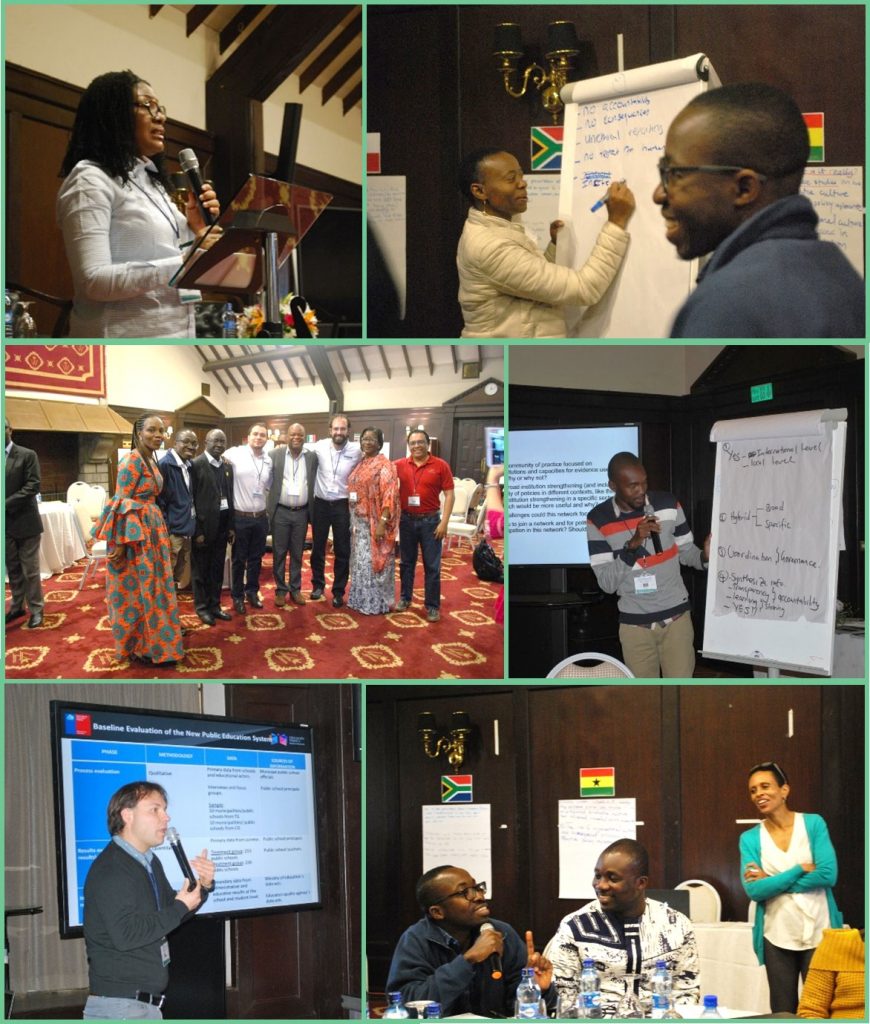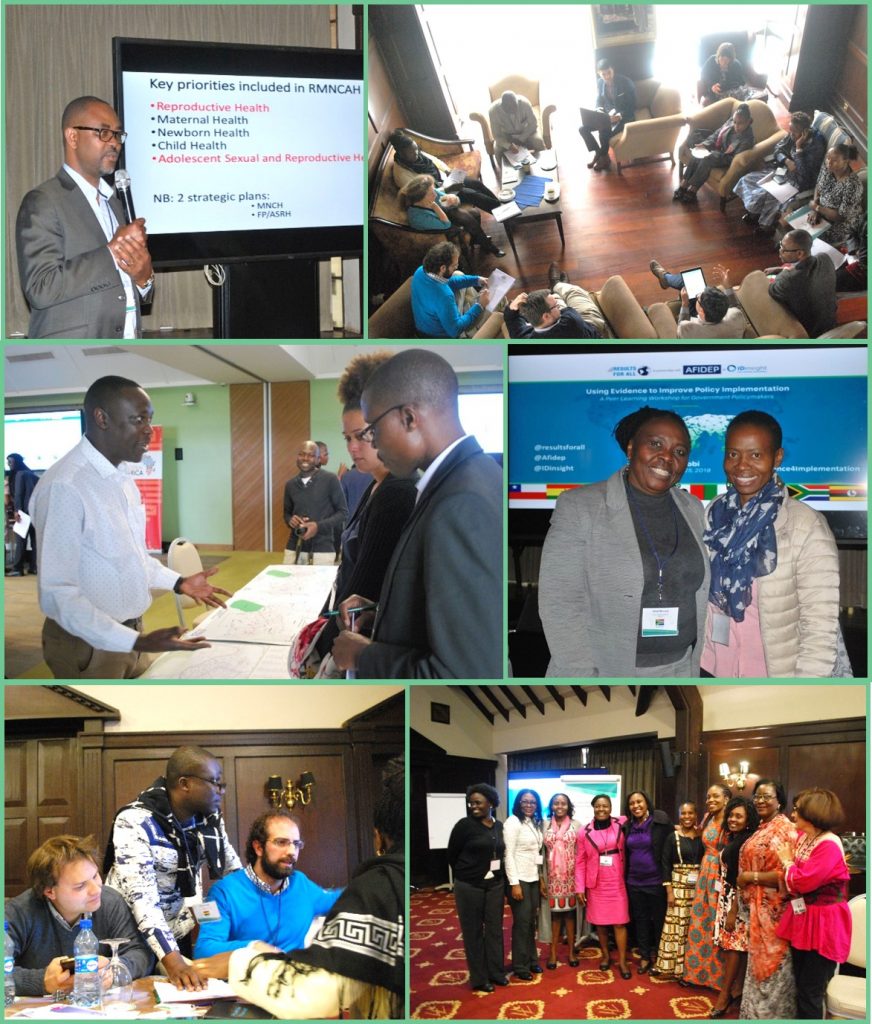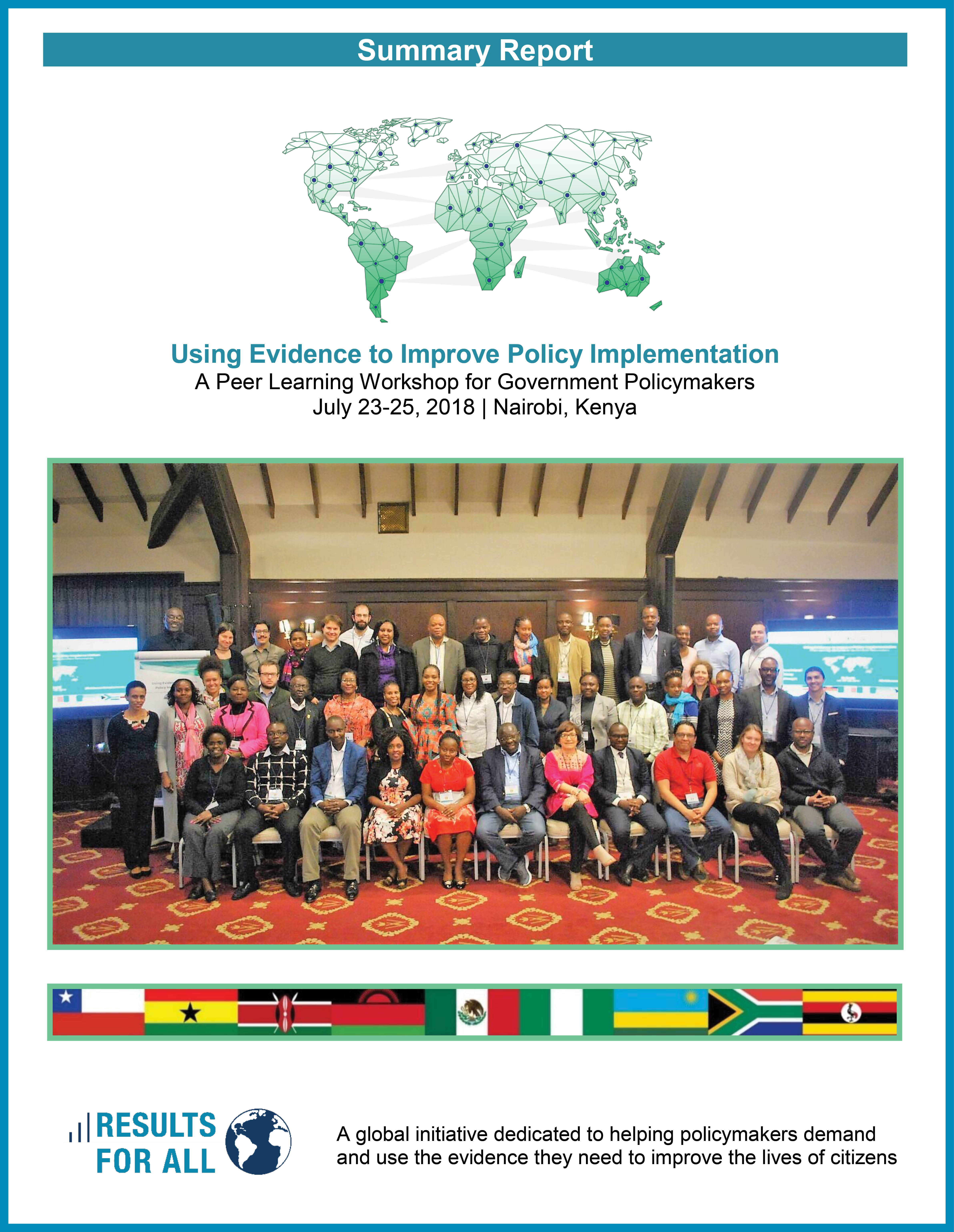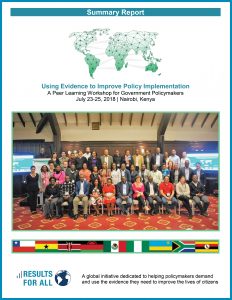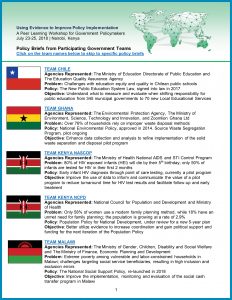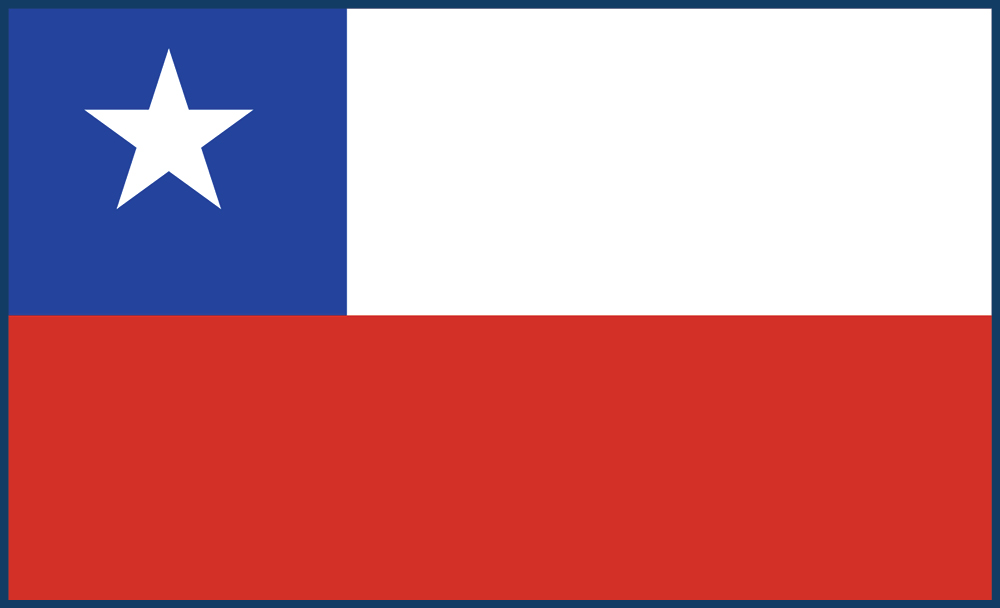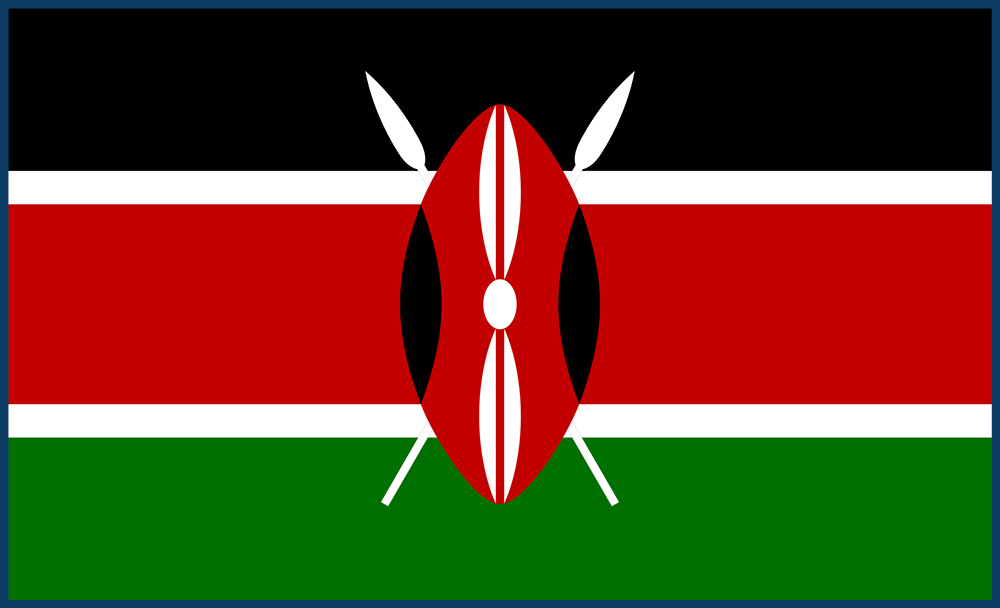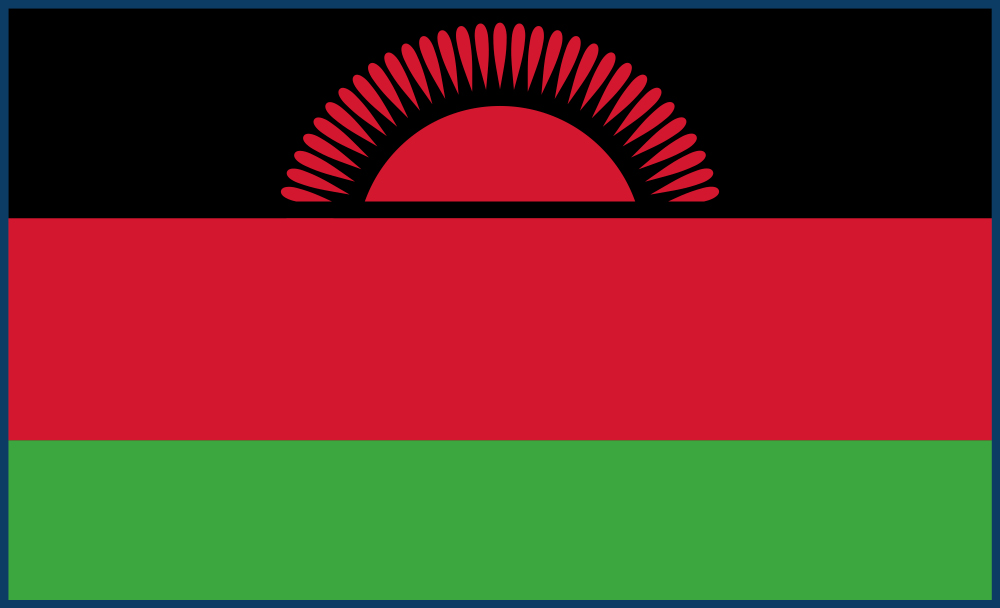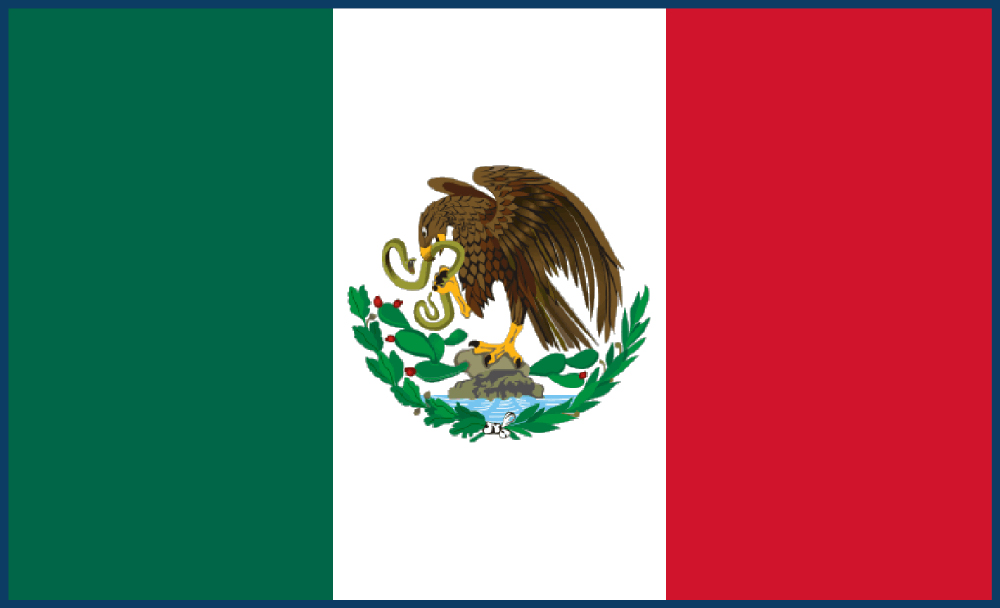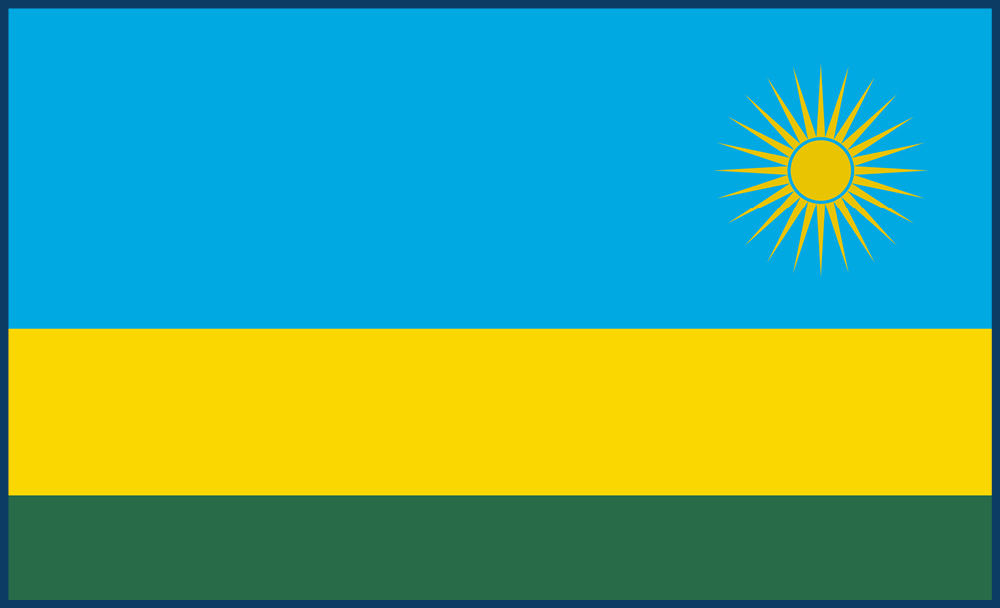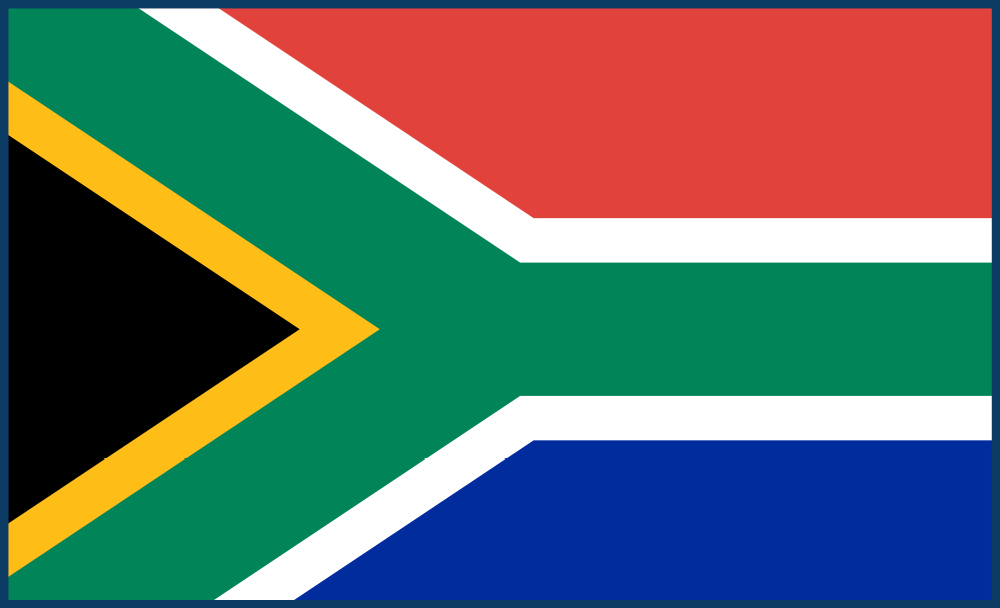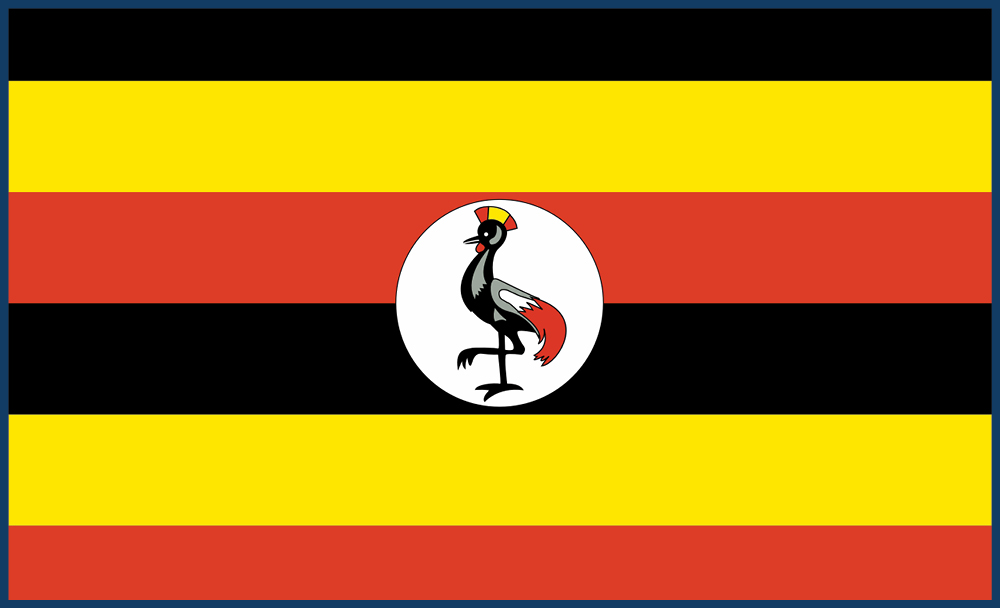A Peer Learning Workshop for Government Policymakers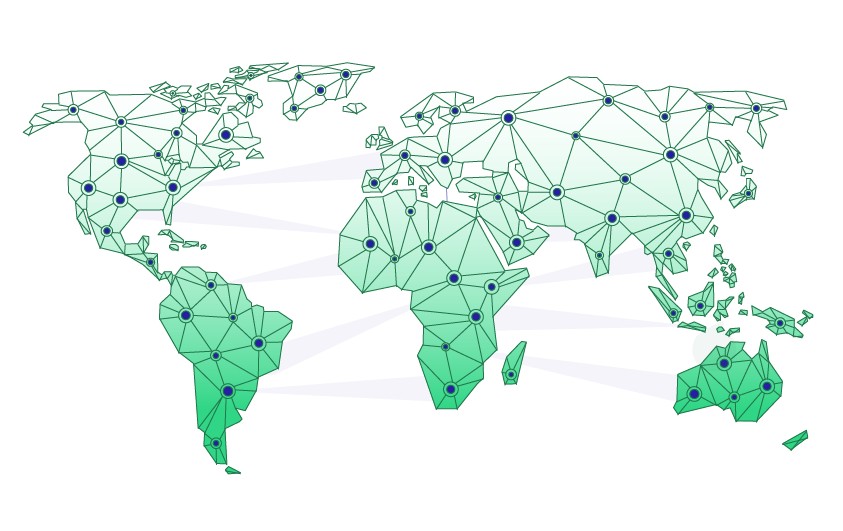
Download the full report here, and be sure to watch the short video recap below.
Over the last two years, Results for All has been engaged in research to understand how governments across the globe are building practices to support the routine use of evidence in decision making. We began our work with a landscape review of mechanisms – practices, processes, and policies – governments are creating to integrate and embed evidence use in policymaking. We are encouraged by and optimistic about the 100+ mechanisms we identified, and the commitment to using evidence they herald. Many of the mechanisms are newly introduced in the last five to seven years, and have limited reach for reasons that range from a lack of resources to weak demand for evidence from policymakers and an absence of incentives that motivate the use of evidence in policymaking. As a global initiative dedicated to helping policymakers demand and use the evidence they need to improve the lives of citizens, Results for All is committed to accelerating the spread of good practices and creating a strong foundation for evidence use in government.
The “Using Evidence to Improve Policy Implementation” peer learning workshop held on July 23-25, 2018 in Nairobi, Kenya grew out of this research and the many consultations we have had with policymakers and other partners, focused on exploring whether a network or other type of platform targeted specifically to policymakers could help to strengthen and spread evidence practices in government, and importantly, improve outcomes for citizens. Policymakers told us over and over that beyond policy formulation, one of the biggest challenges they face is policy implementation – translating policy goals into action on the ground. Weak policy implementation can mean that family planning services fail to reach women in disadvantaged communities, children are not supported in their learning, or that women and children continue to fall victim to violence at unacceptably high rates. In short, it can result in devastating consequences for citizens. The link between effective policy implementation and the delivery of essential services to citizens deserves prominent attention in the policy agenda. It also suggests a critical need to closely examine the bottlenecks and barriers that impede effective implementation, and offers a window of opportunity for exploring evidence as a tool to address these challenges.
“Using Evidence to Improve Policy Implementation: A Peer Learning Workshop for Government Policymakers” convened teams of government policymakers and evidence champions from nine countries in Africa and Latin America: Chile, Ghana, Kenya, Malawi, Mexico, Nigeria, Rwanda, South Africa, and Uganda. The participating teams had the opportunity to discuss specific social policies they are each responsible for implementing, such as increasing the quality of public education or meeting national family planning targets. Most importantly, they shared real experiences, common challenges, and practical lessons for using evidence to inform the implementation of those policies, and connected with and learned from their peers in government as well as partners from civil society, research, and funding organizations. Sessions explored the use of administrative data to inform policy implementation; the elements of an evaluative culture in government; the role of research in policy implementation and the importance of building partnerships with the research community; and how to collect and harness data from citizens to inform policy, among other topics summarized in the final report.
We have heard from participants and partners that the workshop was a resounding success. In particular, we are encouraged by the overwhelming interest in continued engagement to jointly develop tools, guidelines, and processes to strengthen and govern evidence practices across the many policies and government offices represented at the workshop. And we are inspired that participants want to stay connected to a larger community of evidence champions. Thank you to each of the workshop participants, our partners at AFIDEP and IDinsight, and our supporters at the Hewlett Foundation. We learned a lot from you and from this workshop, and look forward to what’s next in store.
Download the full report here.
- Summaries from each session
- Final reflections
- A photo album
- A Participant list
- The workshop agenda, and more
You can see profiles of the participating teams and the policies they brought to the workshop here, or by clicking on each team below.
Chile: The Ministry of Education Directorate of Public Education and The Education Quality Assurance Agency ………………………………………………………………………………
Ghana: The Environmental Protection Agency, The Ministry of Environment, Science, Technology and Innovation, and Zoomlion Ghana Ltd …………………………………………………………
Kenya: The Public Service Commission, The National Council for Population and Development (NCPD), and The Ministry of Health National AIDS & STI Control Program (NASCOP)
Malawi: The Ministry of Gender, Children, Disability and Social Welfare and The Ministry of Finance, Economic Planning and Development
Mexico: The National Council for Education Development (CONAFE) and The National Council for the Evaluation of Social Development Policy (CONEVAL)
Nigeria: Federal Ministry of Science and Technology and Abia State Government ……………………………………………………………………………………………
Rwanda: The Ministry of Health and The Rwanda Biomedical Center …………………………………………………………………………………………………………………………
South Africa: The Department of Social Development, The Department of Planning, Monitoring and Evaluation, and UNICEF ……………………………………………………………………………..
Uganda: The Office of the President, The Cabinet Secretariat, and The Ministry of Finance, Planning and Economic Development
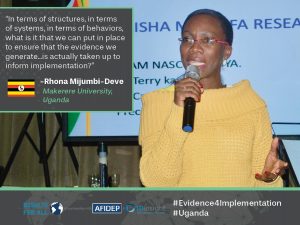
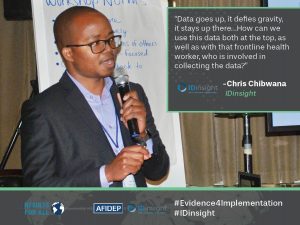
You can hear from the workshop participants in the videos below.
Chisom Nwankwo of @FmstNg 🇳🇬 shares what her team is learning from @EPAGhana 🇬🇭 & @Mineduc 🇨🇱 & how she plans to take these lessons back to #Nigeria to improve policy implementation. She explains how #data empowers her to tell their story of impact. #Evidence4Implementation pic.twitter.com/yBzEPyJjMo
— Results for All (@resultsforall) July 25, 2018
Vincent Tumusiimi of @mofpedU 🇺🇬 describes how @RwandaHealth's 🇷🇼 work to build a platform of collaboration which incorporates non-state actors to improve national services can help #Uganda reimagine service delivery for their citizens. #Evidence4Implementation #EAC pic.twitter.com/4XdzTZ0gss
— Results for All (@resultsforall) July 25, 2018
Osmar Medina of @coneval 🇲🇽 draws connections from @MalawiGovt's 🇲🇼 work w/ @IDinsight on using admin #data to support evaluations of #cashtransfer programs. He says despite different contexts, we have to learn to speak the same language on evaluation. #Evidenc4Implementation pic.twitter.com/fbToaYpLse
— Results for All (@resultsforall) July 25, 2018
Ebenezer Appah-Sampong of @EPAGhana 🇬🇭 describes the insights his team gained from @FmstNg 🇳🇬 and how evidence & admin #data helps his agency meet targets & improve #impact. He's returning to #Ghana with new connections and ideas. #Evidence4Implementation #EvidenceSavesLives pic.twitter.com/Y1G6B3JEhd
— Results for All (@resultsforall) July 25, 2018
To learn more and receive updates on our work, please visit results4all.org, subscribe to our monthly newsletter, follow us on Twitter @resultsforall, or send us an email at [email protected].
